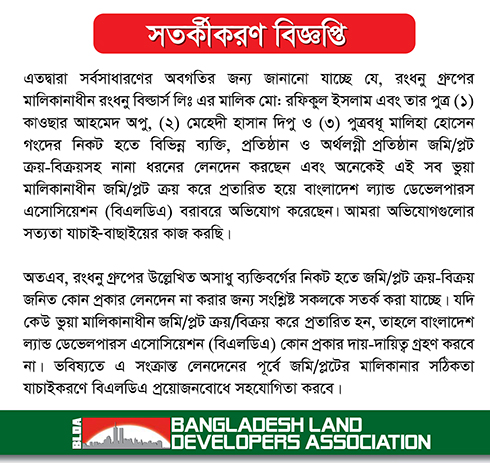Beyond the stethoscope; Is it important to untap the research myth for medicine graduates in Bangladesh?

Pursuing a research career after completing an MBBS remains an ambitious, often elusive dream for many doctors in our country. Numerous factors contribute to the challenges that shape this journey, ranging from the demands of further education to the long process of establishing a career as a researcher. Financial limitations, the extensive time needed to reach career stability, a lack of exposure to medical research, and limited institutional resources all hinder this path. Moreover, higher authorities in the health sector rarely prioritize research development, leaving this field inadequately recognized and underfunded. Research requires substantial investment—not just from the researchers themselves but also from government funds—and the absence of structured frameworks to support collaborative, team-based research in medical institutions further exacerbates these difficulties.
Many of our medical colleges are in need of high-quality research opportunities. While some institutions offer public health degrees, these programs often lack the theoretical and practical resources necessary to provide a solid foundation for aspiring researchers. Similarly, non-medical colleges that offer research-focused degrees also require further refinement to foster impactful careers in research. The Lack of clarity on how research can directly contribute to life value and career growth often leads to a sense of futility in pursuing research, discouraging many individuals with a research interest.
There is a prevailing belief among many doctors that research is a fallback for those unable to excel in clinical postgraduate paths after MBBS. This perception contributes to the view of research as a time-consuming endeavor without immediate practical rewards. However, research is challenging by nature, demanding time, resilience, and acceptance of setbacks and sacrifices. As medicine advances, primarily due to the relentless pace of medical research, innovations and breakthroughs are progressively integrated into clinical practice, enhancing patient care, improving health outcomes, and advancing healthcare delivery. After MBBS, a doctor is equipped with a foundational understanding of human physiology, disease mechanisms, and potential therapeutic pathways, all essential for conducting meaningful research. When this clinical knowledge is applied to research alongside expertise from basic sciences, it results in discoveries that benefit humanity profoundly.
There is also a misconception that biomedical research is exclusive to individuals from basic science backgrounds. In fact, physicians who bring clinical challenges into scientific research play a pivotal role in translating laboratory findings into practical medical solutions. This work is not just valuable, but impactful, shaping global healthcare practices and improving patient outcomes. When we consider the medical advancements achieved by developed countries, we often focus on their high treatment success rates. However, these advancements stem from their commitment to addressing clinical issues through scientific inquiry and developing new solutions in the laboratory. Today, evidence-based and precision medicine are shaping global healthcare practices, underscoring the need for research that informs and improves clinical decision-making.
Two primary paths for those pursuing research after MBBS are public health research and biomedical or clinical science research. Both branches contribute to advancing clinical practice by integrating public health perspectives and holistically addressing complex patient management issues. Every aspect of clinical research impacts public health and combining research with clinical knowledge fosters innovations that redefine medicine and health services.
Encouraging government investment in research and initiatives to inspire young doctors through career-building opportunities is not just beneficial, but crucial. This investment can dramatically enhance the healthcare sector. A growing number of doctors are now opting for an MSc and even a PhD following their MBBS, driven by a passion for research. If the government can provide stable employment opportunities with competitive remuneration for physician-researchers, these professionals could significantly contribute to sustainable medical growth and development. However, aspiring researchers often lack recognition and respect compared to their clinician counterparts, mainly due to a limited understanding of research’s crucial role. This disparity in recognition slows progress within the health sector.
Research after MBBS is still an uphill dream, yet with dedicated attention, well-structured support systems, and forward-thinking policies, our country has the potential to excel in medical research. This potential paves the way for remarkable advancements in healthcare, offering a hopeful and optimistic outlook for the future of medical research.
Dr Pushpita Roy
MSc Candidate, Internal Medicine (University of Edinburgh, UK)
RELATED ARTICLES
